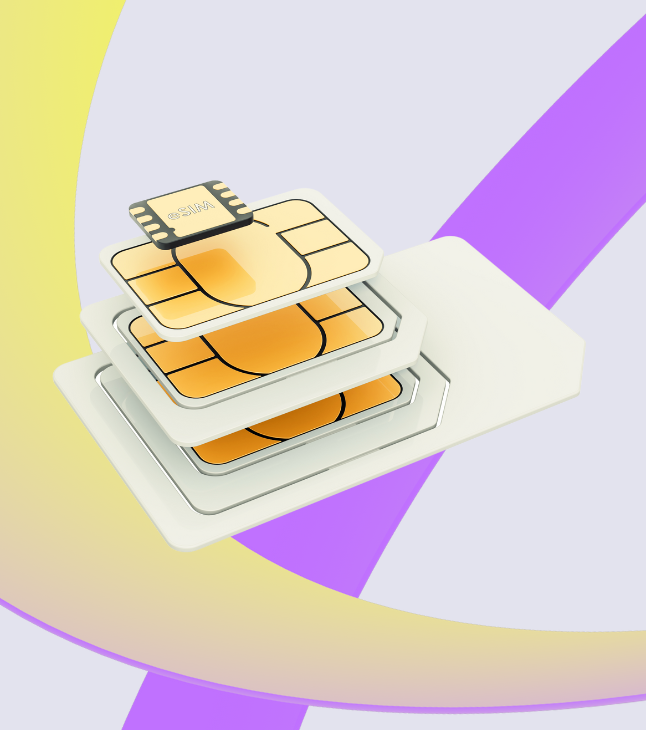Take a look at the gadgets hooked up to the Internet around you. Pretty surprising, right? The IoT scene is booming like never before. If you are a stakeholder in building the modern IoT ecosystem, you must understand the versatility of IoT devices. And to handle them smoothly, you’ll want an efficient MDM solution.
Diverse IoT devices and the need for Mobile Device Management solution
The Internet of Things (IoT) has now been implemented at a massive scale, as consumers and industries equip different types of IoT devices. Today, manufacturers build a range of IoT devices that perform unique applications. They have specific functions, capabilities, and connectivity needs.
The diverse range of IoT devices we have today are:
- Smartphones and tablets
Organizations are rapidly integrating smartphones and tablets as IoT devices for a variety of versatile use cases. These smart devices provide significant value to organizations and can be utilized in numerous ways. However, it is crucial to manage their functionality and ensure that they are employed correctly, serving their intended purposes.
- Wearable devices
Wearable devices represent the next wave of popular IoT devices, finding applications in both industrial and consumer settings. These devices serve various purposes, including indoor tracking, worker safety, health monitoring, and access control, illustrating the diverse ways in which wearables are employed.
These wearable products are typically deployed on a large scale within organizations, often for a group of users. Effective and centralized management of these devices is crucial for ensuring optimal functionality.
- Industrial IoT devices
Industrial IoT, or IIoT, encompasses a diverse array of devices and sensors tailored for specific niches. A multitude of IoT devices can be employed for purposes such as machine monitoring, safety measures, environmental conditions, hazard detection, and other critical industrial requirements.
From sensors to actuators, the consistent calibration and accuracy of these devices are crucial. Any lapses in their functionality can result in severe consequences. Therefore, a solution to monitor their performance and identify failures becomes a necessity.
- Environmental IoT sensors
Environmental IoT sensors are designed to monitor various parameters in our surroundings. These devices encompass a range of measurements, including temperature, humidity, air quality, gas detection, water quality, soil health monitoring, and pH sensors.
While their operations may not be overly complex, these devices are typically deployed in dispersed locations within a target area. Once installed in remote areas, they are expected to operate with minimal manual intervention.
- Automotive IoT devices
IoT devices within the automotive sector may encompass fleet management devices. These devices assist organizations in real-time tracking of on-road vehicles, facilitating the management of supply chains and transportation. Beyond mere tracking, these devices can also perform detailed diagnostics of vehicle functioning.
- Healthcare IoT devices
Healthcare IoT devices are bound by a set of standards and regulations to adhere to. Their accurate functioning is paramount, as these devices are designed to ensure timely treatment, effective monitoring, and appropriate medical attention for patients. If managed proficiently, these IoT devices can contribute substantial value.
Hence, these IoT devices must be effectively managed to fulfill their intended applications efficiently.
Challenges of managing diverse IoT devices
Distinct IoT applications come with varying priorities. In certain scenarios, real-time data holds utmost significance, whereas, for others, adherence to a predetermined data exchange frequency is crucial. Due to their unique nature, these applications pose specific challenges in terms of effective management.
Here are some of the general challenges of managing IoT devices:
- Scalability
Managing the provisioning of IoT devices is a challenging task without an appropriate solution in place to streamline their onboarding. A well-defined and transparent process is essential to guarantee that the correct device is provisioned and onboarded accurately for its intended application.
- Outdated devices
Industries grapple with a substantial number of outdated devices due to the challenges of managing timely updates effectively or the necessity for manual one-to-one attention. The introduction of a universal solution for overseeing updates in your IoT infrastructure can be a game-changer.
- Unauthorized application of devices
Smart Android devices offer versatility for various purposes. Organizations must exert control over the way employees utilize these devices to mitigate unintended usage. Remote management of Android devices is a pressing need in the current scenario.
- Device performance & accuracy
Ensuring a vigilant monitoring of the performance and precision of IoT sensors is imperative in industrial operations. Given that these IoT sensors are dispersed remotely, it becomes crucial to establish a centralized management system for effective oversight.
- Device failure management
IoT device failures can lead to a direct loss in efficiency for the IoT ecosystem, just like a random breakdown leads to a financial loss for the company. There has to be a way for organizations to avoid such roadblocks.
Versatility of a Mobile Device Management (MDM) solution
An MDM solution is designed with the anticipation of effectively managing a diverse array of IoT devices at a functional level. A versatile MDM solution can simplify the task of overseeing the IoT infrastructure. Here are some areas in which versatile MDM solutions can assist:
- Device registration, onboarding & provisioning for all your IoT devices.
- Defining usage policies and access control for your mobile device management.
- Regular & automated remote updates for your IoT devices without any manual attention.
- Device performance monitoring and predicting any maintenance needs before ensure timely mitigation.
- Ability to customize the software platform so that it can serve different groups of IoT devices within the organization.
A robust MDM solution should prioritize the essential requirements of a high-performing IoT infrastructure and demonstrate the capability to effectively cater to various IoT applications, aligning seamlessly with your organization’s specific needs.
Contact us
Your form entry has been saved and a unique link has been created which you can access to resume this form.
Enter your email address to receive the link via email. Alternatively, you can copy and save the link below.
Please note, this link should not be shared and will expire in 30 days, afterwards your form entry will be deleted.




